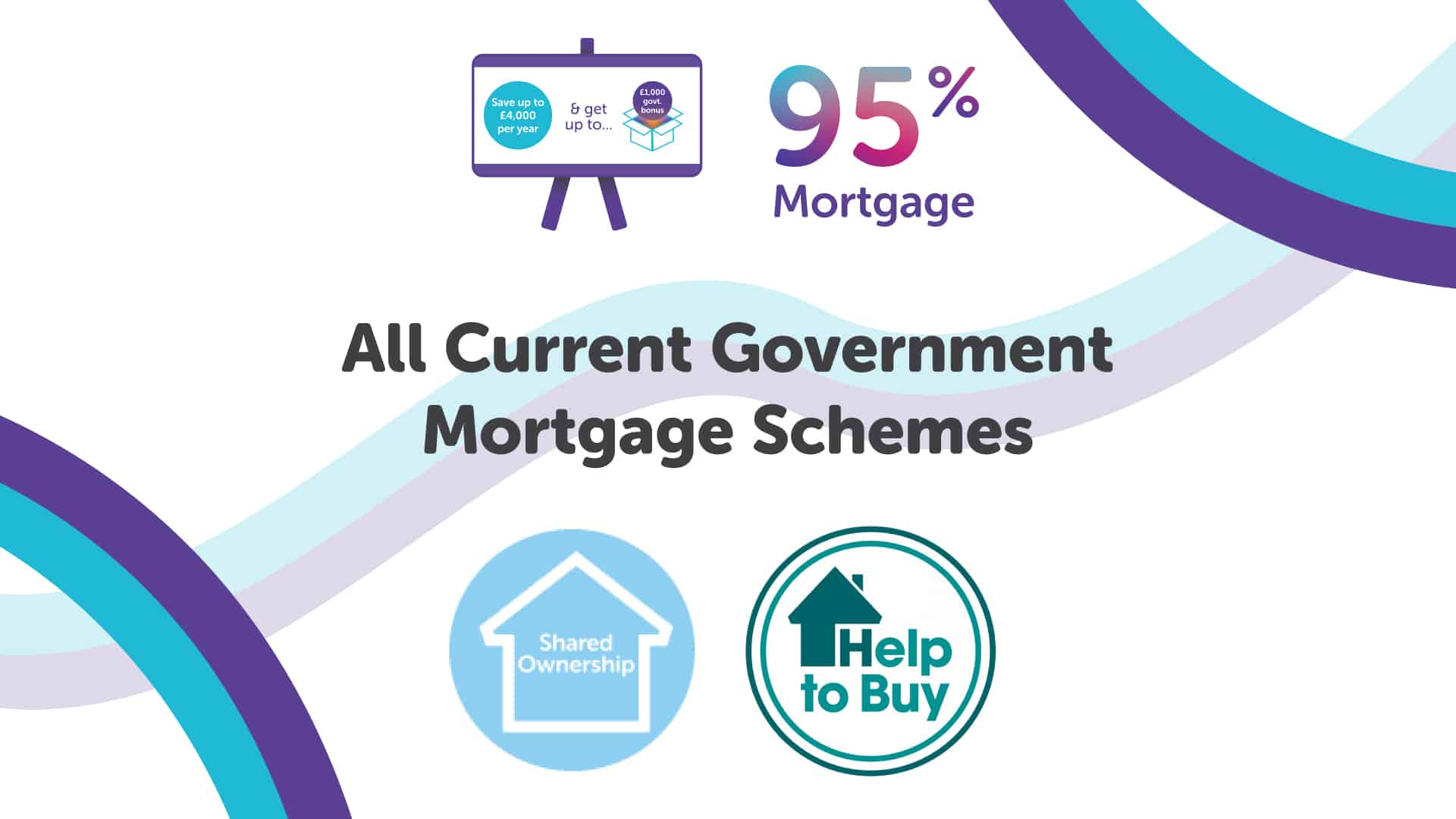Mortgage Advice in Manchester
If you are looking for an estimation of how much you can borrow for a mortgage based on your household income, it may be worth your time to try our free mortgage calculators. If you would prefer a more accurate mortgage affordability figure, please get in touch and we’ll book you in for a free mortgage consultation with one of our mortgage advisors in Manchester.
The two most common questions first time buyers in Manchester and home movers in Manchester ask us are, “Can I get a mortgage in my situation?” and “How much can I borrow?”. In this article, we will jump into the latter, which has looking at what’s changed over the years, as well as today’s approach and how it may apply to your situation.
Historic Rules
If we look back to the ’80s and ’90s, the majority of mortgage applications were underwritten manually. What this means is there was quite a lot of “human intervention” in the process of approving these mortgage applications. You’d make an appointment with your Building Society Manager, and he or she would interview you to discuss your case.
This would inevitably turn into a sales pitch, where they would encourage you to save with them for a while until you prove yourself to be creditworthy. The manager would then grant you the equivalent of today’s Agreement in Principle. Following on from this, the customer would then receive some advice on how much they could potentially borrow.
Whilst this sounds very much like a highly personalised process with a common-sense approach, it would often lead to inconsistent decision-making. The manager had the discretion to interpret the lending manual as they saw fit. In other words, it was entirely possible to approach the same Building Society in a different town or city and leave, having obtained a completely different outcome.
To stop this from happening and more importantly, to cut unnecessary costs, lenders moved to automated affordability calculations. “Caps” were applied so they were able to lend you more than 3 or 4 times your household income.
As we went further into the 2000s, lenders became more and more, maybe even too generous in how much they would lend their customers. Some Lenders would offer self-certified mortgages, wherein no background checks would take place and the customer could declare how much they were earning, even if it was a blatant lie.
The market was a shambles and as you may have heard, completely crashed, leading to the infamous Credit Crunch of 2008. The years between then and 2010 were challenging years indeed, especially if you were trying to get on the property ladder. The lenders battened down the hatches and created a very cautious (over-corrected) lending environment.
Nowadays Approach
Through very hard work and patience, the market recovered. In 2014 the regulator launched the Mortgage Market Review (MMR), a new set of guidelines for lenders to follow in order to prevent what happened before, from happening again. Gone were the old-style income multipliers, which took little account of household expenditure.
It may be shocking, but before 2014, whether their credit histories were good or bad, two applicants earning the same income could borrow roughly the same as each other. This was also not factoring in how much they spent each month. From here came new affordability models, taking a much more forensic view of how mortgage applicants managed their money on a monthly basis.
On top of the cap that was put in place, we have seen that the majority of mortgage lenders will not go past 4.75 times your annual income, and they prefer to analyse your spending habits. Depending on your personal situation, you may have high childcare costs, a large amount of credit commitments, and a student loan. In these cases, they will likely offer you less than your work colleague who doesn’t have any of those regular outgoings.
We are always surprised by the large differences between lenders in how much, or little they will lend to some customers. From time to time, some lenders have been known to penalise low-earners. It could just be that they are not looking for that type of applicant. Some take pension contributions as a fixed outgoing so may lend, for example, a public sector worker with a significant pension deduction, less than a private sector worker.
Different lenders each have their own criteria, and each customer has their own situation unique to them. If you need to maximise your borrowing capacity to obtain the home you need to buy, then you’ll greatly benefit from the advice of a dedicated Mortgage Broker in Manchester. We’ll be able to search the market on your behalf to see if anyone will lend you the amount you need.
If you’re wondering “How Much Can I borrow?” and looking to take out a mortgage, you should speak to one of our Mortgage Advisors in Manchester today, so we can work out your finances together to ensure that the repayments feel comfortable to you.
Fast & Friendly Mortgage Broker in Manchester
Date Last Edited: December 11, 2023















